JUDAIC STUDIES
Hebrew language is the foundation for WTA's לימודי קודש. Students develop listening, speaking, reading and writing skills utilizing authentic materials and the TaL AM program.
The Judaic Studies curriculum integrates Hebrew language with a study of Tanach, Israel, holidays and story telling, and TaL AM allows for differentiated instruction for each child's growth.
Daily תפילה is central to the routine of the class, including morning טקס, which brings together multiple grades for the pledge, תפילה לשלום המדינה, צדקה and celebration of שמחות. For ראש חודש we come together for a very special עונג, complete with הלל בציבור, which fills our halls with our children's voices!
Chumash-חומש
חנוך לנער על פי דרכו is the overarching principle which guides Torah study at WTA; educate children according to their way/capacity. Teaching Torah בעברית, students learn to distinguish between modern Hebrew usage and לשון הקודש. They become familiar with the classical Torah commentators, מפרשים and discover life sustaining messages. Utilizing Rashi’s commentary students deepen their understanding of the text and identify the mitzvot and their origin. Students develop textual analysis skills to discern the peshat meaning of the text.
Our curriculum explores themes that address the students’ maturing religious involvement and values. with חברותא, the students develop critical thinking skills and are able to use their knowledge of Hebrew to understand the text. We inspire lifelong Torah learning by giving our students the tools to navigate the חומש.
Torah study sequence
1st grade: Parashat Hashavua in בראשית, שמות, ויקרא
2nd Grade: Introduction to Chumash, and Parashot B’reshit, Noach and Lech Lecha,
3rd Grade: Chumash Breshit; parshiyot vayera, chaye Sarah, toldot and vayetze,
4th Grade: Chumash Breshit, vayishlach, vayeshev, miketz, vayigash and vayechi
5th-8th Grades: Chumash Shemot, Bamidbar, Vayikra, and Devarim
Talmud-תלמוד (grade 6-8)
Students will be exposed to the unique style and methodology of the Talmud as they witness how laws are derived from their original sources, challenged, defended and refined to form the resulting conclusions.
Important introductory topics will familiarize students with the background and structure of the Gemara, after which students will study specific sugyot (sections) of Gemara in חברותות. They will begin to develop fundamental reading and analytical skills that are necessary to understand a sugya (section) of Gemara. Such skills include learning basic Aramaic words and phrases, learning how to punctuate a Gemara, and understanding the underlying concepts. These skills will help students become independent learners of Torah Shebaal Peh.
Chagim – חַגִים
Holidays punctuate weeks and months and highlight universal and particular Jewish messages. Through this yearly study, children learn about ימים טובים and special days occurring each month, and get to know the special rhythm of the Jewish calendar year. The history, halachot and minhagim of each חג are studied in a spiral and cyclical curriculum. We accompany the study of chagim with in-class or whole school celebrations, songs, making ritual objects and thematic art projects.
Tefillah - תְפִילָה
תפילה marks the beginning of each day. Students “wake up” to do עבודת Hashem by participating in a minyan in their classrooms. Students are encouraged to follow and track the meaning of each word in order to find kavanah. They glean from the siddur exemplary social skills and extrapolate opportunities to bring chesed into the world. Our students develop the understanding that they are members of multiple communities in their home, shul and in school. In ראשי חודשים and חגים they participate in school wide תפילה בצבור, sing הלל and other relevant tefilot. Relevant halachot provide the framework for our davening community and increase our students connection to Hashem. Scope and sequence provide age appropriate tefillah experience for our students. Gradually, they build a repertoire of tefillot and tunes. As they get older, students are expected to daven at home, and by themselves to approximate an adult minyan experience.
Online:
פרויקט לימוד מתוקשב בתנ''ך
An innovative online blended learning program in Tanach helps our students become self-directed learners. Students grow in their love of Torah by engaging in a creative and interactive online program. After teacher introduces a unit to the class, students complete assigned online independent tasks. Students joyfully engage in learning and advance at their own pace.
In שיעורי שפה, students develop listening, speaking, reading and writing skills. We use authentic materials such as picture books, songs, videos, nursery rhymes in Early Childhood classes to promote listening and speaking skills. Tal-Am curriculum is used in grades 1st-4th and Ulpan-Or (in 5th-8th grade). Variety of methods help endear the Hebrew language on our learners. Engaging activities such as performances, songs and games make the learning fun and engaging. With an emphasis on accuracy and fluency in Hebrew, students read texts about familiar topics; holiday celebrations, greetings, classroom routines, home and family. The various methods we use ultimately enable students to learn independently with Hebrew texts and in the older grades to communicate about familiar topics with ease.
